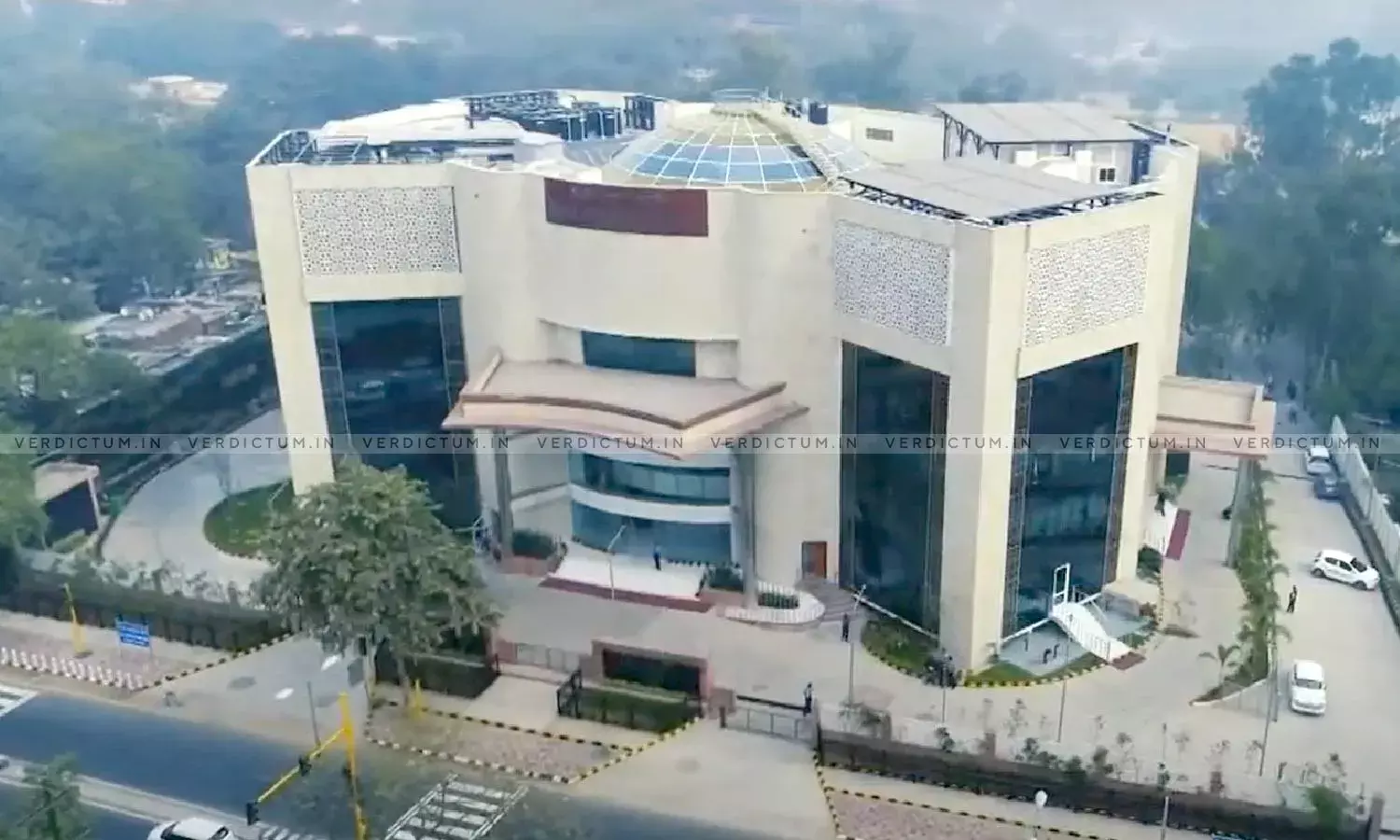Read CIC's Order That Termed SC's Judgment To Pay Remuneration To Imams Unconstitutional

The Central Information Commission (CIC) has observed in an order that the Supreme Court's Judgment in All India Imam Organisation & Ors. v. Union of India & Ors. 1993 AIR 2086, was passed in violation of the provisions of the Constitution, particularly Article 27, and had set a wrong precedent.
Information Commissioner Uday Mahurkar observed that the SC's order had violated the constitutional provision that says that the taxpayers' money will not be used to favor any particular religion and said that "All India Imam Organisation and ... vs Union Of India and Ors" on 13 May, 1993, that opened the doors to special financial benefits from public treasury to only Imams and muezzins in the mosques, the Commission observes that the highest Court of the country in passing this order acted in violation of the provisions of the Constitution, particularly Article 27, which says that the tax payers money will not be used to favour any particular religion. The Commission notes that the said judgment set a wrong precedent in the country and has become a point of unnecessary political slugfest and also social disharmony in the society."
The Information Commissioner was hearing an RTI application filed by the RTI Activist Subhash Chandra Agrawal wherein details were sought regarding the salaried being paid to Imams by the Delhi Government and the Delhi Wakf Board. The activist did not receive any appropriate response to his application and thus, filed this appeal before the CIC.
The Supreme Court' bench of Justice R.M. Sahai and Justice K. Ramaswamy in the year 1993 in the All-India Imam Organisation case (supra), had directed the State Wakf Board to pay remuneration to Imams in mosques managed by them and had said that "right to life enshrined in Article 21 means right to live with human dignity. It is too late in the day, therefore, to claim or urge that since Imams perform religious duties they are not entitled to any emoluments. Whatever may leave been the ancient concept but it has undergone change and even in Muslim countries mosques are subsidised and the Imams are paid their remuneration. We are, therefore, not willing to accept the submission that in our set up or in absence of any statutory provision in the Wakf Act the imams who look after the religious activities of mosques are not entitled to any remuneration."
The Commission, in its order further stated that giving salaries to Imams and others only in mosques, amounts to not just betraying the Hindu community and members of other non-Muslim Minority religions but also encouraging pan-Islamist tendencies amongst a section of Indian Muslims which were already visible.
"....Steps like giving special religious benefits to Muslim community only like the one taken up in the present matter, in fact severely affects interfaith harmony as they invite contempt for the Muslims as a whole from a section of ultra nationalist population." expressed the Information Commissioner.
It was also noted in the order that the Delhi Wakf Board gets an annual grant of approximately Rs 62 crores from the Delhi Government, while its monthly income from its independent sources is just around 30 lakhs a month and further observed that "the monthly honorarium of Rs 18,000 and Rs 16,000 being given to the Imams and Muezzins of DWB mosques in Delhi is being paid by the Delhi Government virtually from the tax payers money which in turn is in sharp contrast with the example quoted by the appellant in which the priest of a Hindu temple is getting a paltry Rs 2,000 per month from the trust controlling the said temple."
The Information Commissioner further expressed that "Those who justify such steps in the name of protection to religious minorities raise a question that if a particular religious Minority has a right to protection, the Majority community too has a right to protection in a multi-religious country where it is incumbent that the rights of the members of all religions are protected equally in the interest of inter-faith harmony and unity of the nation."
The Commission also emphasized that "this matter is of extreme importance for the unity and integrity of the nation and interfaith harmony, and directed its registry to forward a copy of this order to Hon'ble Union Law Minister with the Commission's recommendation for suitable action to ensure enforcement of provisions of Articles 25 to 28 of the Constitution of India in letter and spirit, to keep all religions of India at par in terms of payment of monthly remuneration of priests of different religions at the cost of the public exchequers (both Central and State) and also other matters."
Accordingly, the Commission disposed of the appeal and ordered CPIO and the Delhi Wakf Board to provide compensation of Rs. 25,000/- to the RTI activist for the time and resources spent in seeking a response to his application.
An Advocate of the Supreme Court has sought sanction from the Attorney General to initiate contempt action against the Central Information Commissioner for the contents of his order.
Cause Title- Subhash Chandra Agrawal v. CPIO & Ors.
Click here to read/download the Order

